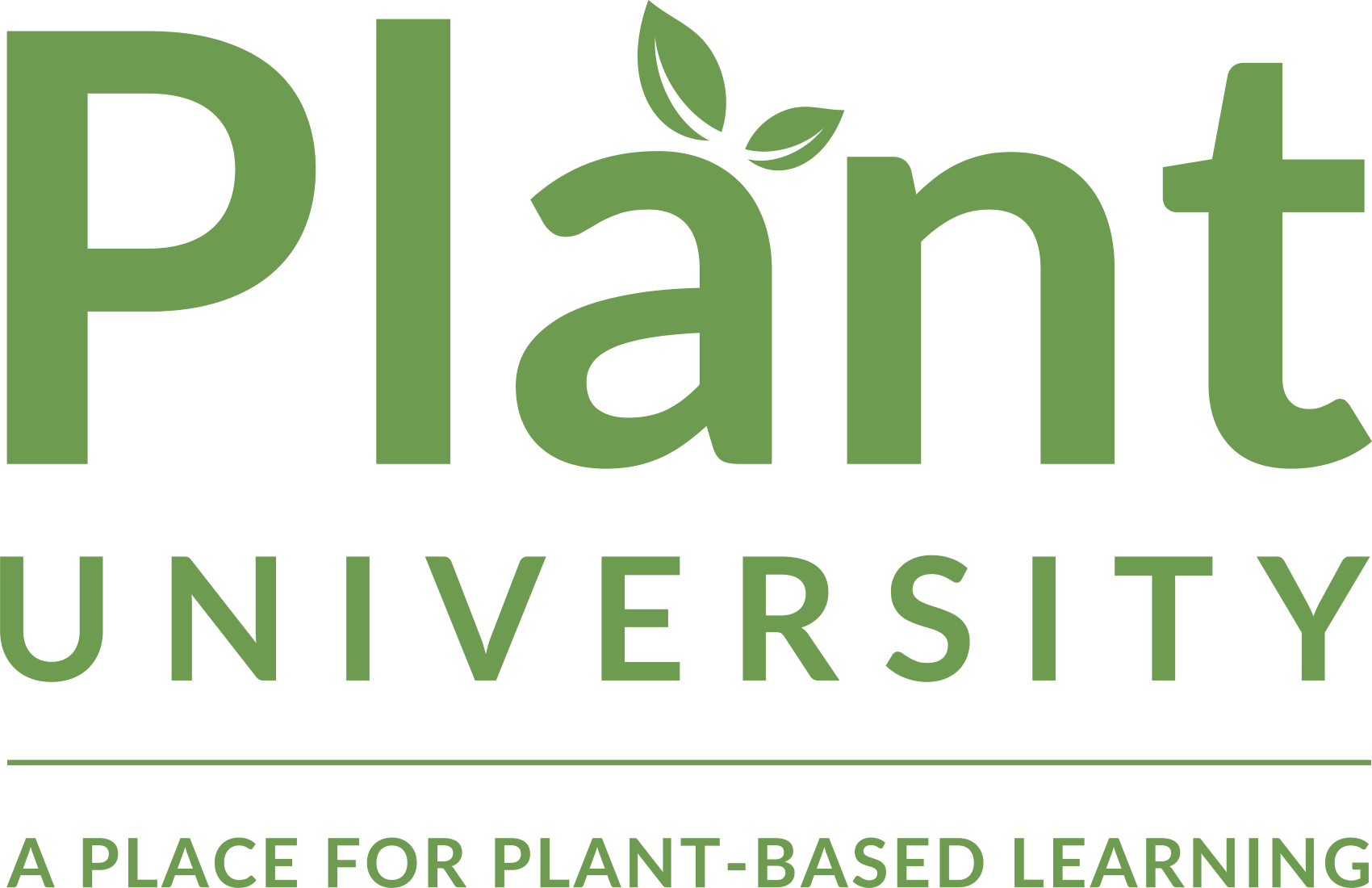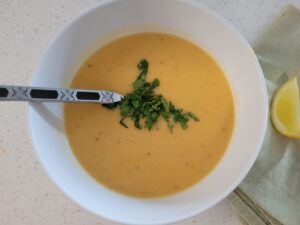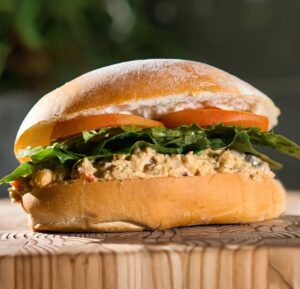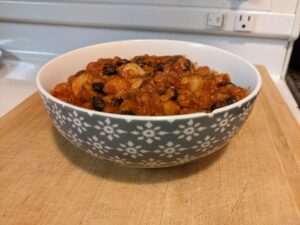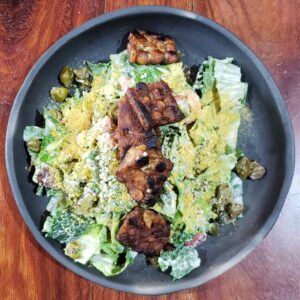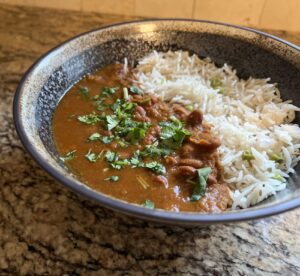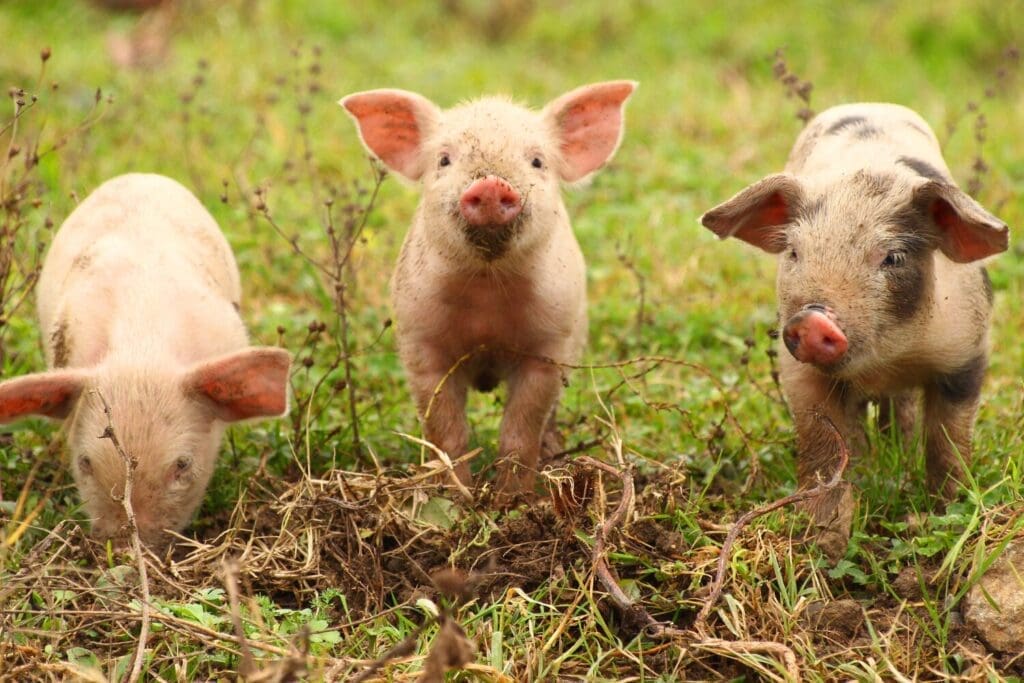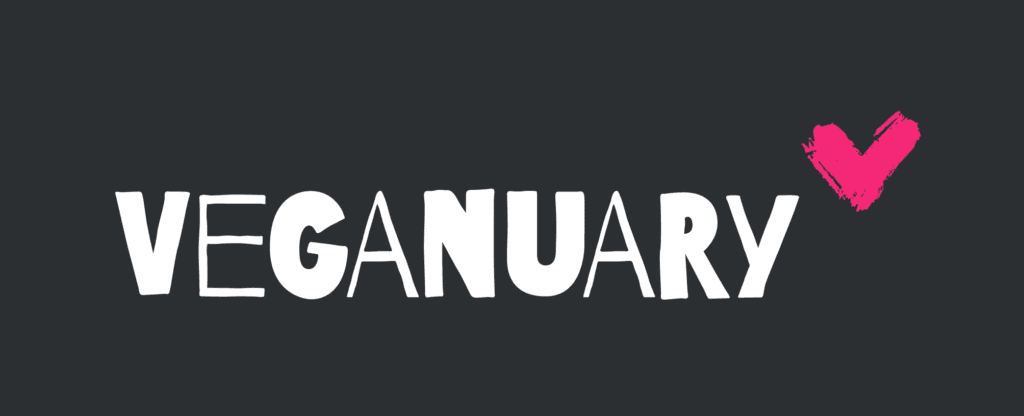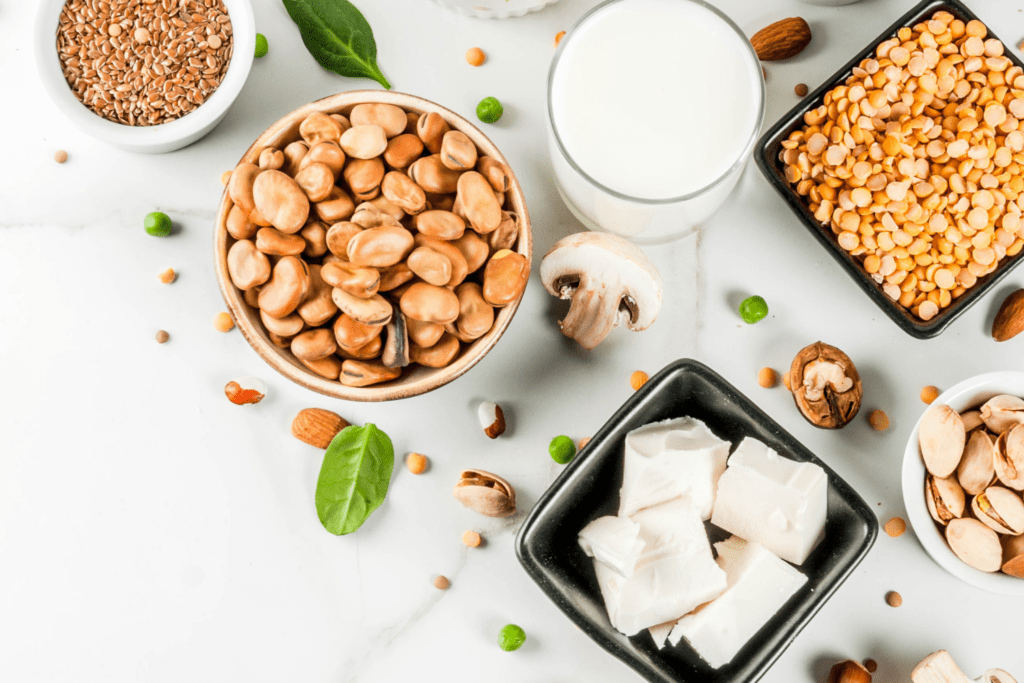10 tips for getting started on a plant-based diet today
Featured author: Desiree Nielsen
Desiree Nielsen, a registered dietician based in Vancouver, shares 10 tips for getting started on a plant-based diet today.
A growing number of scientists and public health experts agree that eating a plant-based diet is one of the best ways to improve your health and the health of the planet. Learn more about the science-based “Planetary Health Diet“, which is a mostly plant-based diet consisting of vegetables, fruits, whole grains, plant protein sources, unsaturated plant oils and has been identified by researchers as the optimal diet for the health of people and the planet.
The following 10 tips will help you get started on a plant-based diet the right way!
Replace!
Replace animal products, don’t just remove them from your diet! Simply leaving out meat or dairy can lead to deficiencies. The following tips will help you get what you need in your plant-based diet.
Choose plant-based milk wisely
You do not need dairy to build strong bones, you need calcium. Luckily, some plant-based milks come fortified with calcium. But watch out – some may contain high amounts of sugar and low protein. Desiree suggests trying unsweetened soy milk, which has about 7 grams of protein per cup, which is similar to the 8 grams in dairy milk.
Use the ‘plate method’
Desiree suggests using the ‘plate method’ to plan your meals to ensure you get enough of the right food groups to keep you feeling full and satisfied. This method divides your plate into 3 sections: ½ fruit or vegetables, ¼ starchy foods and whole grains, ¼ proteins. When considering the protein on your plate, choosing a concentrated source of protein is important as well.
Take vitamin D and B12
Take a vitamin D and B12 supplement! Eating a balanced diet and following the plate method can give you most of your nutrient requirements. However, sources of vitamin D are low in the food supply, so Desiree recommends everyone takes this as a supplement. A vitamin B12 supplement is specifically important for those eating a plant-based diet, since it is not found naturally in the plant kingdom.
Eat foods high in iron
You can meet your iron requirements on a plant-based diet! Desiree suggests including an iron rich, plant-based food on your plate at every meal and to get your blood work done at the 6-12 month mark of your plant-based journey.
Get to know seeds!
In particular, Desiree loves hemp, chia and flax seeds because just 1 tablespoon of either seed provides 100% of your daily omega-3 fatty acids. Sprinkle them on salads and soups, or stir them into smoothies or oatmeal.
Don’t forget to eat beans
They are high in fibre, plant-based proteins and minerals. Desiree suggests trying unsalted canned beans or simply rinse them before eating. Dried beans can be an even more affordable option and once cooked, are great for freezing.
Find fibre-rich recipes
Smoky Butternut Squash Soup
Chickpea Salad Sandwich
Cozy Bean & Lentil Red Wine Chili
Pastel de Choclo
Kale Caesar Salad with Marinated Tempeh
Comforting Rajma Chawal
Choose iodized salt
We do not get a lot of natural sources of iodine from plant-based foods, but iodine is critical for thyroid health. Choosing an iodized salt is an easy solution.
Make friends with soy!
You may have heard the myth that estrogens found in soy products, like tofu, can be harmful to our health, but the phytoestrogens found in soy products, are actually 1000 times weaker than our body’s natural estrogens. Meanwhile, soy-based products are high in protein, calcium and iron. Sunrise Soya Foods tofu, a Vancouver company, is one of Desiree’s favorite.
No such thing as a mistake
There are no mistakes, only learning on a plant-based diet! Every meal is just another opportunity to eat more plants and nourish your body.
More posts like this
3 ways to get involved in Canada’s first official Veganuary
Happy New Year! Veganuary 2025 is here!
Embrace the challenge: join Veganuary 2025!
New research finds plant protein equal to animal protein for building muscle
For years, many people thought animal protein (like beef or chicken)…
Chat with Ebenezer Odeniyi, vegan advocate and online cook
I’m an online cook; here’s how I advocate for plant-based eating…
I’m a photojournalist; here’s how I advocate for animals using the power of imagery
I’m a photojournalist; here’s how I advocate for animals using the…
